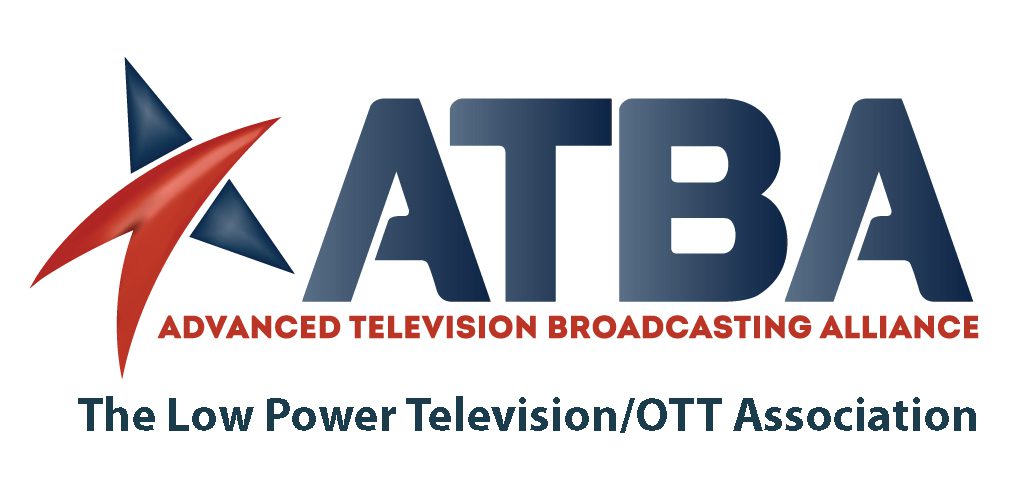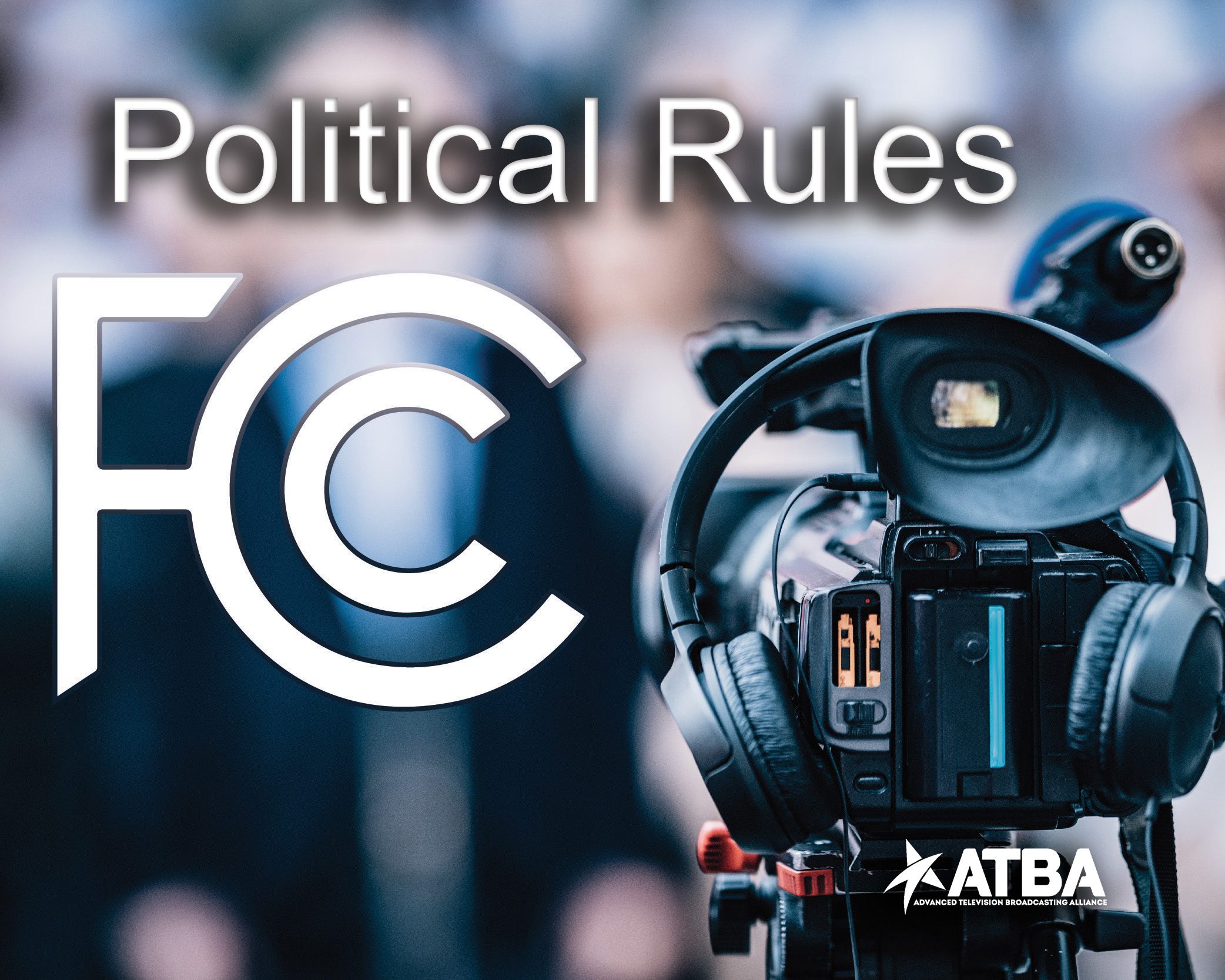Are you following FCC political rules for TV?
As a broadcaster, it’s important to make sure that you are following all of the Federal Communications Commission’s (FCC) rules and regulations. This includes knowing how to apply the rules for political broadcasting. In this article, we’ll go over some of the key points that you need to keep in mind when it comes to FCC political rules for TV.
What are the FCC political rules for TV?
The Federal Communications Commission (FCC) has a set of rules that govern how political campaigns and other entities seeking to communicate a political message can advertise on television. These rules fall into six main categories: (1) Reasonable Access; (2) Equal Opportunities; (3) Candidate Rates; (4) Content; (5) Sponsorship Identification; and (6) Political Recordkeeping. Although the sponsorship identification rule is the only one expressly incorporated into the FCC’s rules for LPTV stations, Section 315 of the Communications Act applies more broadly. Accordingly, stations broadcasting any political programming should endeavor to comply with all of these requirements.
Reasonable Access. Broadcasters must make available reasonable amounts of time for the purchase of political advertisements by candidates for federal public office. This includes providing access to all classes of time (except that a TV station may choose to exclude all political advertising from its newscasts). Access must only be reasonable – political candidates are not entitled to displace specific programming or to request so much time that it would squeeze out other candidates or commercial advertisers. And reasonable access must only be provided to candidates for federal office. Stations are free to reject some or all issue advertisements and advertisements by candidates for state or local offices (subject to the equal opportunity requirement discussed below).
Equal Opportunities. Broadcasters must provide equal opportunities for all political candidates to use a television station. This means that TV stations cannot give preferential treatment to any one candidate or party. If a station provides one candidate with access to airtime on its station, it must accept a request made by an opposing candidate within 7 days for equal time (at the appropriate rate). Unlike reasonable access, which only applies to federal candidates, the equal opportunity requirement applies to all candidates. So, if a station chooses to accept an ad for a candidate for a state or local office, it must provide equal opportunities to opposing candidates. Note, however, that appearances in news programs or bona fide news interviews are exempt from the equal time requirement, so just because a station interviews one candidate it is not required to interview any other candidates.
Candidate Rates. Broadcast stations must offer the “lowest unit charge” for the purchase of time for a use by any political candidate (federal, state, or local) during the 45 days preceding a primary election and during the 60 days preceding a general or special election. The lowest unit charge applies to each class of time sold by the station and must account for all airtime provided by the station, including bonus spots and package sales (pro-rating the price of each spot to determine the lowest unit charge).
Content. Under the “no censorship” rules, a broadcaster may not censor, alter, or refuse to broadcast programming that constitutes a candidate “use,” which means that it includes a positive appearance from a legally qualified candidate. Because the broadcaster has no control over these ads, it is immune from liability for their content. For all other ads (including issue ads and ads for state and local
candidates that do not include a candidate “use”), a broadcaster can be held liable if the advertisement is untruthful, if it contains false or misleading information, or if it is obscene or indecent.
Sponsorship Identification. Broadcasters have a responsibility to ensure that all political ads and programs comply with FCC rules on political sponsorship identification. The sponsorship ID must reflect the true identity of the person or group paying for the message. For television ads, the sponsorship ID must be visual, with letters equal to or greater than four percent of the vertical picture height and lasting at least four seconds. This is the one exception to the no censorship rule. Candidates for federal office must also include a “Stand By Your Ad” disclaimer (“I’m John Smith, Candidate for President, and I approve this message”).
Political Recordkeeping. Broadcasters must maintain a political file with records of all requests for the purchase of broadcast time by a candidate for office and certain issue ads. Because LPTV stations do not have online public files, they should maintain their political files at their main studio or some other facility where it is accessible to viewers.
What happens if you don’t follow the rules?
If you don’t follow the rules set forth by the Communications Act and the FCC, you could face some pretty serious consequences. For starters, your television station could be fined many thousands of dollars for each violation. The Commission recently entered into a consent decree for an LPTV operator to pay $60,000 for failing to provide sponsorship identification for political programming. In addition, for egregious and/or repeated offenses, the FCC could revoke your license to operate your station.
So, it’s pretty important to make sure that you are in compliance with all of the FCC’s rules, especially when it comes to political programming.
What if I’m not sure whether something is a political ad?
If you’re not sure whether something is a political ad, the best thing to do is check with the FCC. The agency’s political broadcasting division will respond to questions from broadcasters and provide real-time guidance about how to comply with the FCC’s rules.
Conclusion
For many LPTV stations, the FCC’s political broadcast rules are out of sight and out of mind. But it is important for all broadcasters, including LPTV operators, to understand the rules and to know when and how they should apply.









